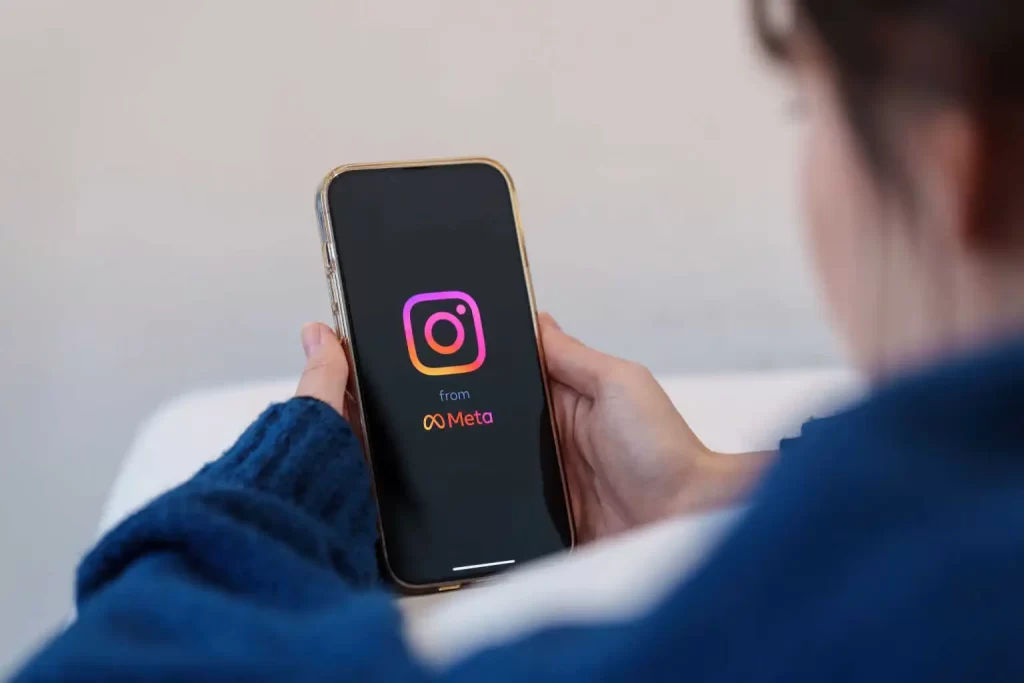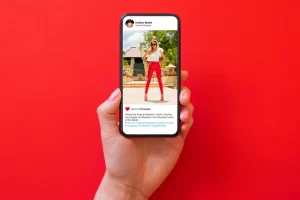In today’s digital age, screen recording has become a popular way to save and share content from social media platforms like Instagram.
Many users may wonder if the person whose story they are recording will be notified.
Get most of the current notification system for screen recordings on Instagram and discuss any limitations or exceptions to the notification system.
Delve into the potential privacy concerns of screen recording someone’s Instagram story and offer suggestions for respecting others’ privacy while using this feature.
Use alternative ways to save or share Instagram stories and offer recommendations for the best choice in different situations.
How Instagram Notifies Users of Screen Recordings
A. Instagram currently has a feature that notifies users when someone has screen recorded their story.
B. There are some limitations and exceptions to this notification system.
If someone takes a screenshot of a story using the in-built screenshot feature of their device, the user will not be notified.
C. When a user screen records a story, the person whose story was recorded will receive a notification that reads “username took a screenshot” or “username screen recorded your story,” and the notification appears in their Direct Messages.
Instagram’s notification system is not 100% foolproof, and there may be ways to screen-record a story without the user being notified.
Instagram’s notification system is designed to alert users when someone has screen recorded their story, allowing them to take action if they feel their privacy has been violated.
Privacy Concerns with Screen Recording Instagram Stories
A. Screen recording someone’s Instagram story can raise serious privacy concerns, as it allows the person doing the recording tо save and potentially share the story without the original poster’s knowledge or consent.
B. This can lead to the dissemination of personal and private information, such as location data, as well as the potential for harassment, bullying, or other forms of online abuse.
C. To respect others’ privacy while using screen recording on Instagram, users should consider obtaining explicit consent before recording someone’s story and should not share or distribute recorded stories without the original poster’s permission. Check your device’s settings to ensure it doesn’t share the recording without your knowledge.
Alternatives to Screen Recording Instagram Stories
1. Saving the story to your camera roll: Instagram allows users tо save their own stories to their camera roll. This can be done by going to your profile, selecting the three-dot icon on the top right corner of your story, and selecting “Save.”
2. Using the Instagram Story Saving app: Third-party apps allow users to download Instagram stories. Some popular apps include StorySaver and StoryDownloader.
3. Taking a screenshot: Users can take a screenshot of the story by pressing the power and home button on an iPhone or the power and volume down button on an Android device.
– Saving the story to your camera roll: Pros: It’s easy tо do, and you have the story saved on your device. Cons: it only works for your own stories.
– Using the Instagram Story saver app: Pros: It allows you to save other people’s stories. Cons: It may not be allowed by Instagram’s terms of service and may contain ads or other unwanted content.
– Taking a screenshot: Pros: It’s easy to do, and you have the story saved on your device. Cons: It only works for a single story frame, and the user will be notified.
Conclusion
Screen recording Instagram stories can raise privacy concerns, allowing the recording person to save and potentially share the story without the original poster’s knowledge оr consent.
Instagram has a feature that notifies users when someone has screen recorded their story, but it is not 100% foolproof.
To respect others’ privacy while using screen recording on Instagram, obtaining explicit consent before recording someone’s story and not sharing or distributing recorded stories without the original poster’s permission is recommended.
There are other ways to save or share Instagram stories, like saving them to your camera roll, using story saver apps, or taking a screenshot, each with its pros and cons.
Using these tools responsibly and considerately is important to ensure that others’ privacy is respected.






